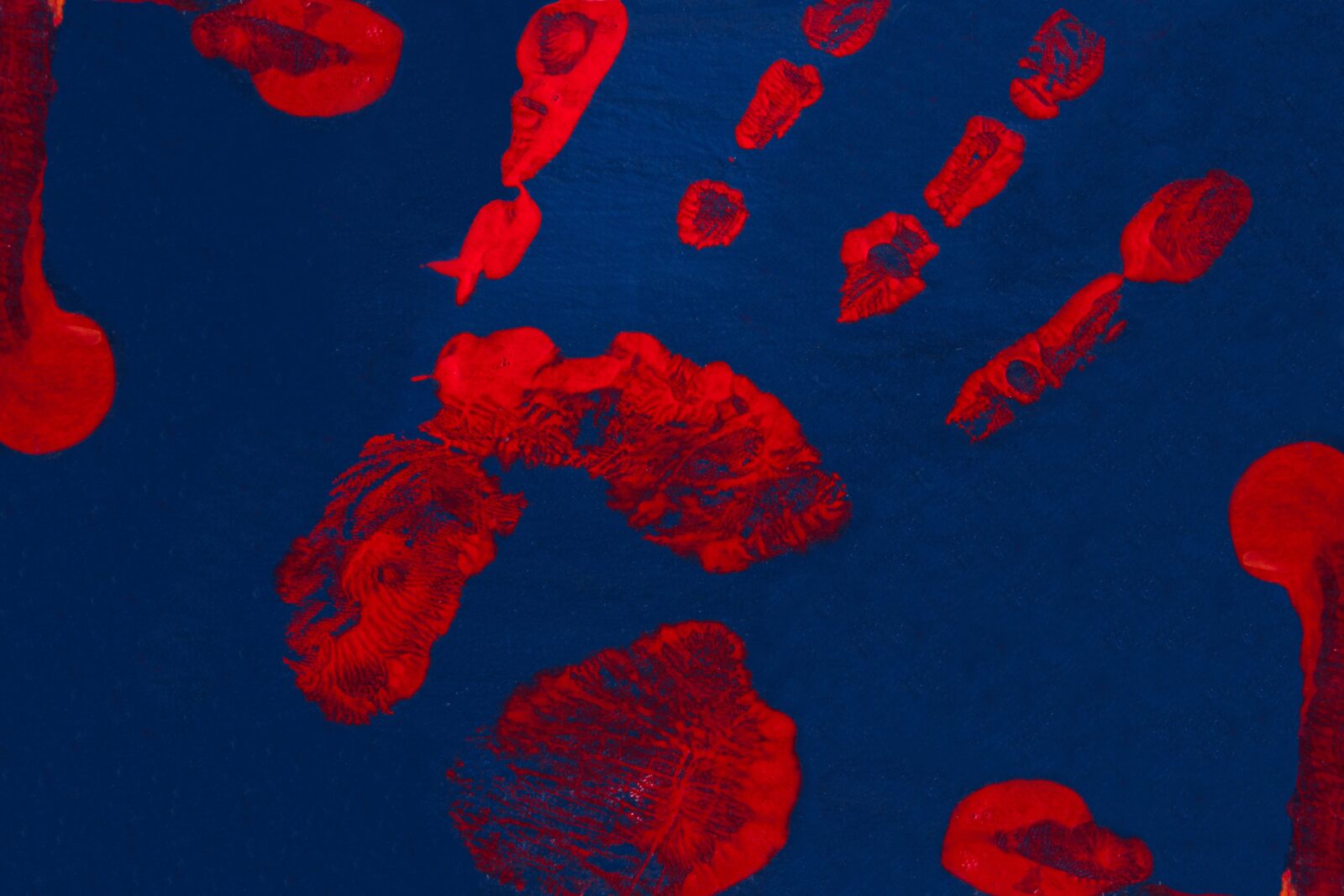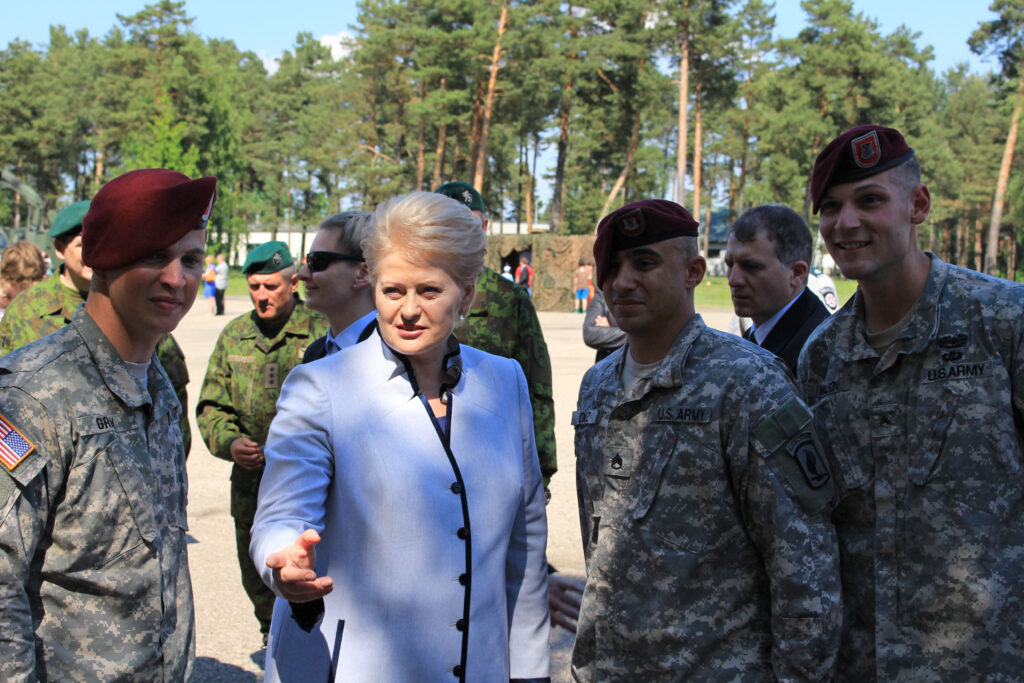Across the globe, there is a blood shortage crisis — governments are faced with a responsibility to fulfill the social contract to protect the health infrastructure and their people. When the government is presented with a crisis, the consensus is that the government should intervene to protect the population. Humans give up some of their own agency and personal liberty to the social contract in order to enjoy their personal liberties in peace. Hence, when there is a crisis, a war, a pandemic, or an economic crash, there is an expectation for the government to intervene and respond.
In order for governments to combat the blood shortage crisis, they are challenged by the voluntary condition of blood donation, due to civilians’ hold on body autonomy. Yet, according to the Lockian social contract, the government has the right to limit personal autonomy for the greater benefit of the public good.
In terms of our world today, we have all entered different social contracts provided by the legitimate sovereign states we reside in. Everyone has given up some of their personal liberties and agency to the greater benefits of governance. Globally, many countries have common good laws such as driving restrictions, voting laws, property protections, and other laws that help sustain order. During the pandemic, governments limited some of our personal liberties, for example imposing a mask-wearing policy, for the greater good of everyone’s health.
Blood donations have always been crucial to the healthcare system. It is a necessity to have access to this life-saving resource. During the pandemic in 2022, the American Red Cross declared a national blood shortage. There was a pivotal moment to unite when the government declared the pandemic a state of emergency comparable to the state of war. Healthcare professionals then faced the ethical dilemma of how to best allocate the supply of donated blood. It required physicians to assess which patient receives a life saving blood transfusion.
A patient describes her trepidation during this crisis, “It’s very scary, especially if you don’t know if the blood is coming…this is something that you need to live”. The United States Red Cross exemplifies the reality of the shortage in this statement, saying they need “approximately 12,500 blood and nearly 3,000 platelet donations every day,” to fulfill the demand. The necessity of blood donation is constant. In the U.S. someone needs blood or platelets every two seconds and with one donation three lives can be saved.
As the philosopher Jean-Jacques Rousseau describes, the general will of the people becomes more important than individual interest once we have entered a social contract. In this current state of blood shortage crisis, the general will of the people must be a priority; a governmental system that would call upon civilians to donate blood is an urgent necessity. In the United States, this system does not exist. Consequently, the government’s responsibility is to intervene and aid its population to access the proper healthcare—safe blood donations.
The United States provides many policies and rules for the greater benefit of its civilians. However, historically when the United States is faced with a healthcare issue that revolves around access and body autonomy then there is divisive sentiment. Nevertheless, when the U.S government imposes new rules, its civilians have the choice to either submit or rise into protest.
In 2020, many Americans proudly claimed that COVID-19 was a hoax and that they will not be forced by the government to wear a mask. The bumptious “don’t tread on me” slogan reigned again in the United States. This negative sentiment of government interference surrounding personal liberties is the exact opposite of why individuals enter the social contract. According to Locke, individuals have an obligation to obey the governing body created to have their natural rights protected in order to maintain a state of civil society. The social contract theory embodies the consent of the people for the government to protect their basic rights and promote a common good for all. Security and healthcare can be considered urgent priorities for civilian protection and welfare.
Regardless of the degree of control a government has over its people, the question is asked, why do people rebel when the government imposes rules to protect them? The essence of this answer is people like to believe they still are a sovereign entity, but forget they have given up autonomy in order to enjoy the luxuries of security and order. The population would benefit from the privileges of possessing enough blood. Enough blood would give every patient in need of a transfusion an opportunity to survive, from cancer patients, to kidney disease patients, sickle cell anemia patients, and emergency department patients with severe trauma injuries.
In a time of high stress and need, why can’t citizens be called upon to serve their country? To serve their community that has entered the same social contract as themselves?
In these situations, can a government impose a blood donation draft, where citizens are motivated to sign up for the commitment to saving lives? To call upon citizens to save lives through blood donation just as they can be called upon for war?
This paternalistic control for the general will of society tests the social contract theory. This might be an idealistic desire but getting to a point where the government has the right to tell you to donate your blood to your neighbor, is not without the scope of realism. Donating blood could be a compulsory task for every human being that met the safety requirements needed to donate blood, through compelling and cogent policies.
The United State government ensures its military strength, security, and size, by allocating an immense amount of money to the military budget and encouraging men to join their ranks. The United States Selective Service System requires men to sign up for the selective service within 30 days of their 18th birthday in an event where a draft is needed. Although it is not compulsory, the USA Selective Service governmental website states that “A man who fails to register with the Selective Service may be ineligible for opportunities that may be important to his future. He must register to be eligible for state-based student financial aid in many states, most federal employment, some state employment…” and the list continues. Failure to register also has consequences; it is considered a “felony punishable by a fine of up to $250,000 and/or five years imprisonment”. In the United States, 40 states require Selective Service registration in order to receive a driver’s license and in eight states, men are not allowed to enroll in state universities without registering for Selective Service. The government does not force men to enlist into the Selective Service, but they are compelled by the benefits and avoidance of unfavorable outcomes.
The unfavorable selective service policies ensure men sign up, therefore the government can provide security in a situation of war. Security is a governmental public good.
The Selective Service’s effective and persuasive policies can be emulated to encourage blood donation.
Blood shortage is a state of emergency like war, so the government should use its paternalistic jurisdiction to encourage civilian blood donations. Fundamentally, the government can combat the national blood shortage with a blood donation selective service draft.
Most of the European Nation’s healthcare is free, where governments embody a greater social contract that controls the healthcare system benefiting the public good. In Europe, there are only four countries — Germany, Austria, Hungary, and the Czech Republic — that have private and public sector collection centers to combat the blood and plasma shortage. In these countries, plasma donors receive a “flat-fee” compensation. There have been new discussions regarding the efficacy of compensating volunteers that donate their blood or plasma. European policymakers are wrangling with ethical monetary compensation laws to fulfill the plasma-derived medicinal products demand for 300,000 people. These important debates highlight the government’s paternalistic jurisdiction that can be compared to imposing a blood donation draft system. The four countries that compensate volunteers were able to acquire, “58% of the plasma drawn in the EU needed to make medicines.” However, compensating volunteers is not necessarily the simple fix to the shortage of donations.
There are unintended consequences that can occur as a result of paying plasma donors. Regular blood donors who come on their own will end up donating plasma instead of blood causing another issue and shortage. Bernardo Rodrigues, an advocacy officer at the European Blood Alliance, believes, “You should not have a financial incentive to go out and donate.” He represents establishments in Europe that are not-for-profit blood donations and these institutions bolster plasma and blood collection through more holistic means such as opening new centers and educating the public about donation.
One vital component of programs like these is calling upon existing donors to ask for their donations. Many citizens also commit themselves to an on-call list, if their blood is desperately needed. This is like a donation draft as they call up citizens who have registered to be a donor. Yes, they do have the agency to refuse or donate, however, the premise of a draft is established as a governmental system.
New governmental policies that encourage blood donation, such as a blood donation selective service, is a necessary limitation of personal liberties to benefit the greater public good of healthcare. Human beings have entered social contracts to have their well-being protected, and governments are failing if they can not fulfill their responsibility to the people.
Theoretically, mankind could progress in medical advances if society could restrain the constant need for autonomy and submit to the hierarchical domestic order. At the end of the day, we do not have full body autonomy. The government limits our ability to put illicit drugs in our system by criminalizing substances: the government tells women whether they can terminate their child or not and the Selective Service sacrifices a man’s body in the case of war.
Nevertheless, the social contract is supposed to limit our personal liberties for the amelioration of the human condition. Can this materialize for the benefit of increased blood supply? This dichotomy between the limitations of personal liberties and self-determination is a parallel between the general good and libertarianism. What balance can exist between these juxtapositions, the double-edged sword of a social contract?







